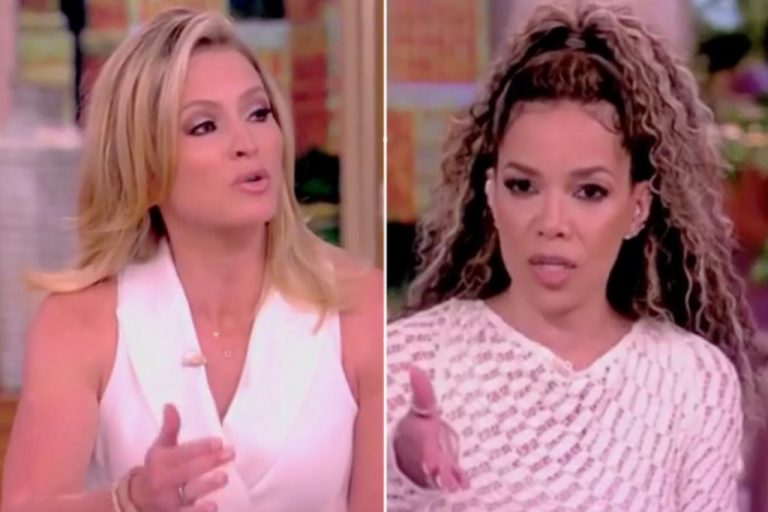Donald Trump Jr. criticizes Kaitlan Collins and blames media for dad’s assassination attempts.
Donald Trump Jr. recently made headlines for his heated exchange with CNN’s White House correspondent Kaitlan Collins, where he accused the media of playing a role in his father’s assassination attempts. The incident occurred during a press conference where Trump Jr. was promoting his new book and was met with tough questions from Collins.
During the exchange, Trump Jr. lashed out at Collins, accusing her of spreading lies and misinformation about his family. He went on to claim that the media’s negative coverage of his father, former President Donald Trump, has contributed to the hostile political climate in the United States.
Trump Jr.’s comments ignited a firestorm of controversy, with many criticizing his rhetoric and the way he handled the situation. Some saw his remarks as an attempt to deflect from the real issues at hand, while others viewed it as a desperate plea for attention.
Regardless of the backlash, Trump Jr. stood by his statements, arguing that the media has crossed a line in its coverage of his family and has put them in danger. He cited specific instances where media outlets have spread false information about his father, which he believes has incited violence against him and his loved ones.
While the debate rages on about the role of the media in shaping public opinion and influencing political outcomes, one thing is clear: tensions between the press and the Trump family are at an all-time high. The clash between Trump Jr. and Collins is just the latest in a series of confrontations between the two sides.
As the dust settles from this latest controversy, it’s important to reflect on the larger issues at play. How much influence does the media really have over public perception? Can news outlets be held responsible for the actions of their audience? And where do we draw the line between free speech and inflammatory rhetoric?
These are complex questions that don’t have easy answers. In a time when the truth is often subjective and facts are up for debate, it’s more important than ever to critically evaluate the information we consume and consider the motives behind those who deliver it.
As we navigate the ever-changing landscape of media and politics, it’s crucial to keep an open mind and approach each situation with a healthy dose of skepticism. Only then can we hope to cut through the noise and find the truth in a sea of misinformation.
So, whether you side with Trump Jr. or Collins in this latest showdown, one thing is certain: the debate over the media’s role in our society is far from over. And as long as there are conflicting interests and agendas at play, we can expect more clashes like this one to come.








